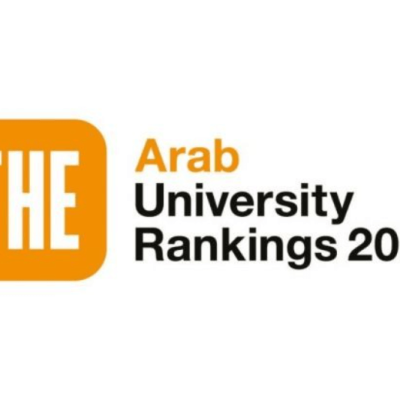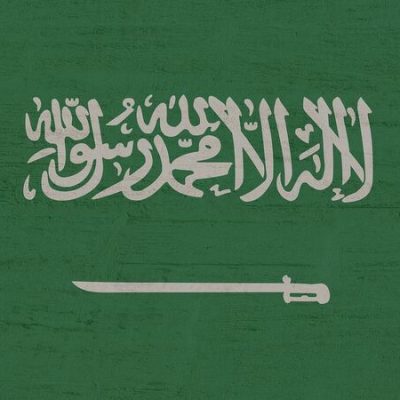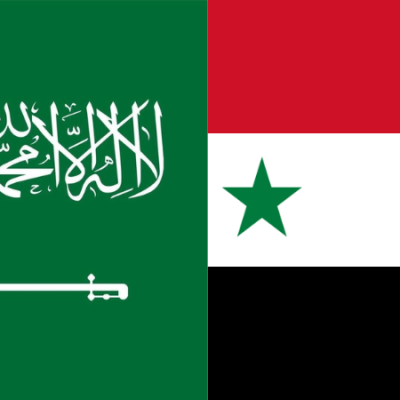Iraqi economy risks the collapse, Allawi seeks Gulf funds to stave off liquidity crisis
Iraq’s new finance minister was in Saudi Arabia on Saturday looking for emergency funds to stave off an impending financial crisis brought on by falling oil prices. In his first trip abroad since becoming minister, Ali Allawi met the Saudi finance, energy, and foreign ministers in Riyadh, al-Arabiya reported quoting Iraqi media.After Allawi’s visit, Saudi Arabia announced that the Kingdom soon will send a new ambassador to Iraq. The diplomat will replace Abdul Aziz Al-Shammari, Saudi ambassador to Iraq from December 2017 until last year.
“In Riyadh, I met with Iraqi Deputy Prime Minister, Ali Abdel Amir Allawi, who was pleased with his visit to his second country, the Kingdom of Saudi Arabia, and at the meeting, we discussed the distinguished brotherly relations between the two countries, and the Kingdom’s keenness to see Iraq enjoy stability and development, and we look forward to working together,” Saudi Arabian Foreign Minister Faisal bin Farhan tweeted on Saturday.
In an interview with state television before his departure, Allawi said his priority would be to secure funds to plug gaps in Iraq’s budget.“Iraq is in need of immediate monetary support so that the government can fulfill its obligations towards its employees,” Allawiaffirmed.Iraq is suffering a liquidity crisis following the breakdown of crude oil prices – which have fallen from more than $50 per barrel last year to around $20 per barrel in the last three months due to coronavirus pandemic.
The downward trend has sparked fears over whether the government will be able to pay salaries to some four million state workers, as well as pensions and welfare to another four million people.The government estimated almost $4 billion a month for public salaries in 2020, but it only earned $1.4 billion in April by selling crude oil, virtually the only way authorities can fund official expenditures.Saudi Arabia and Iraq have agreed to coordinate with all oil-producing countries to restore balance to the oil market, according to the official Saudi Press Agency (SPA).
The accord came during the meeting on Friday between Saudi Energy Minister Prince Abdulaziz bin Salman and Iraqi Deputy Prime Minister Ali Allawi. The Iraqi Deputy Prime Minister announced the two countries have reached a deal on investment for Saudi companies in the Okaz gas fields. They agreed to improve basic factors in the petroleum market with the start of implementing the OPEC-plus accord and recognized the necessity to seek action with all producers to speed up restoration of markets’ balance, affirming their countries’ firm commitment to implementing the deal.
The economy of Iraq is dominated by the oil sector, which has provided about 99.7% of foreign exchange earnings in modern times. The country’s hitherto agrarian economy underwent rapid development following the 14 July Revolution overthrowing the Hashemite Iraqi monarchy, becoming the third-largest economy in the Middle East by 1980. This occurred in part because of the Iraqi government’s successful industrialization and infrastructure development initiatives in the 1970’s, which included irrigation projects, railway and highway construction, and rural electrification.
Despite its ongoing civil war, Iraq was able to increase oil production during 2015 and 2016, with production dipping by 3.5 percent in 2017 due to conflict with the Kurdistan Regional Government and OPEC production limits. By world standards, production costs for Iraqi oil are relatively low.However, four wars, the 1980–1988 against Iran War, the 1991 Gulf War, the 2003-2011 war in Iraq, and the civil war, summed to the UN sanctions from 1991 to 2003, have left the industry’s infrastructure in poor condition, and the de facto independence of oil-rich Kurdistan Region have limited production.
Following the overthrow of Saddam Hussein, Iraq’s financial services have been the subject of many reforms. The 17 private banks established during the 1990s were limited to domestic transactions and attracted few private depositors. Those banks and two main state banks were badly damaged by the international embargo of the 1990s. To further privatize and expand the system, in 2003 the Coalition Provisional Authority removed restrictions on international bank transactions and freed the Central Bank of Iraq (CBI) from government control. In its first year of independent operation, the CBI received credit for limiting Iraq’s inflation. In 2004 three foreign banks received licenses to do business in the country.




